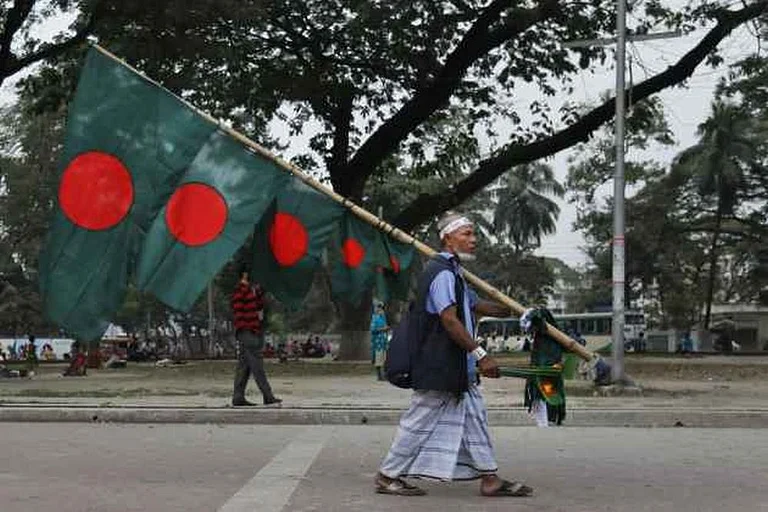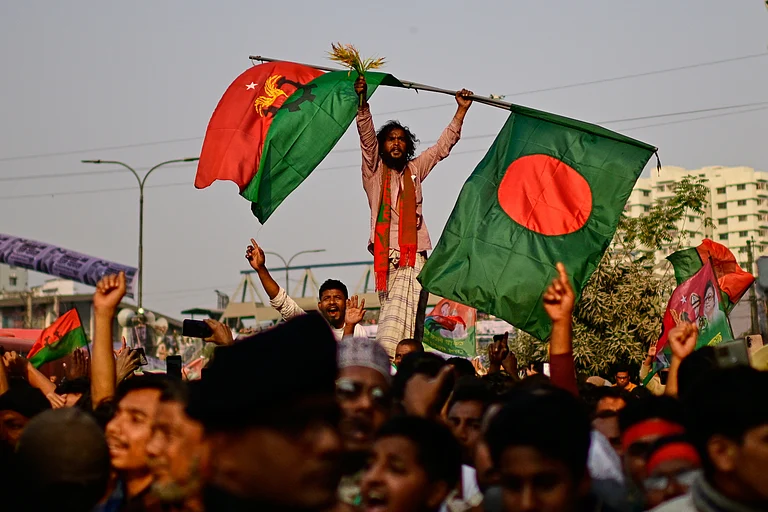In a shocking report of a gruesome caste atrocity from a village in Tamil Nadu, human faces were found dumped in a water tank meant for the Scheduled Caste community, NDTV reported. Upon investigation, the district authorities found that the village still practices untouchability in more ways than one, with Dalits even barred from entering temples.
On Tuesday, following complaints of a huge quantity of human waste being found in a 10,000-litre water tank that was supplying drinking water to the Dalit community of around 100 people in Irayur village, the Pudukottai collector Kavitha Ramu and district police chief Vandita Pandey visited the village in central Tamil Nadu.
Children fell sick after consuming contaminated water
As per a report published on NDTV, many children in the village had successively fallen ill after consuming water from the tank. After doctors noted that contaminated water could be the source of infections, some men climbed inside the tank to ascertain the cause of the problem.
"A huge quantity of feaces was found dumped inside the water tank. So much so the water had turned yellow. Without knowing that, for a week or so, the people were drinking this water. When children fell ill -- that's when the truth came out,'' said Moksha Gunavalagan, a political activist in the area.
"When the young men climbed the tank, they found the lid open... No one has reported seeing anyone climb and dump the waste into the water tank,'' collector Kavitha Ramu told NDTV. While it is not yet clear who is responsible for dumping off the faeces in the tank, locals said that caste discrimination is widely prevalent in the area.
Caste discrimination in Periyar's homeland
Locals revealed that the village tea shops still used a "double-glass" system, wherein members of the community were discriminated against and offered tea in a different set of glasses. Furthermore, for three generations, the Scheduled Caste residents of the village had not been allowed to enter temples in the district.
As the district officials arrived to investigate the matter, a case was filed against the tea stall owner. They also took the SC villagers to the nearby temple and asked them to identify those who stopped them from entering temples. A prayer ritual was in progress at the time. Suddenly, a woman belonging to the so-called upper castes, apparently in a trance, declared that she was possessed by the deity who does not want the lower caste people in the temple. The police have filed a case against her as well.
'The rights should continue, not be just for today'
One of the residents from the Dalit community, Sindhuja, told NDTV that she had never been allowed to enter the temple premises in her 22 years of life. "For three generations, we have not been allowed inside the temple. That the collector today took us inside is a matter of great happiness for us. This right should continue and not just here, but every place that wants to keep us out,'' she said.
"We are not less in any way and want to be treated as such," she added, and said that the community was not only willing to pay all relevant taxes but also contribute to the maintenance of the temple.
Another resident, Lata, seconded this and said "For the first time, I went inside and saw what the god looks like in this temple. So, we are very happy. But this should continue. It should not be just for today.''
Periyar's self respect movement
E.V Ramaswamy Naicker, fondly recalled as 'Periyar,' meaning 'respected one,' led a temple entry movement in the state in 1925. His philosophies of equality, justice, and opposition to Brahmanical tyranny continue to inspire the Dravidian movement in the southern state till this date.
Against this backdrop, casteism and castesit backlash become all the more shocking and concerning in the state, with the Collector confirming that prima facie, no immediate trigger for such tensions could be identified.


























